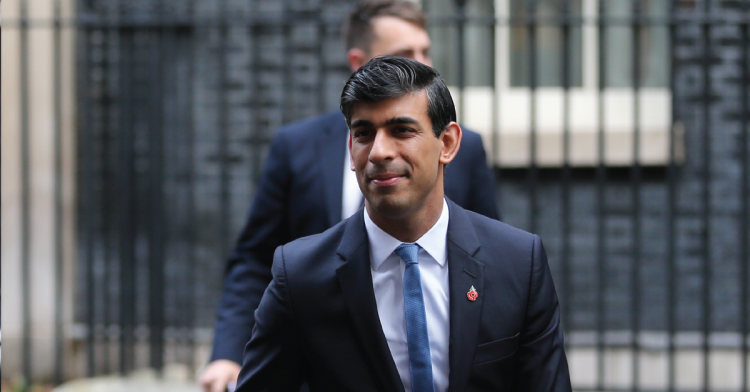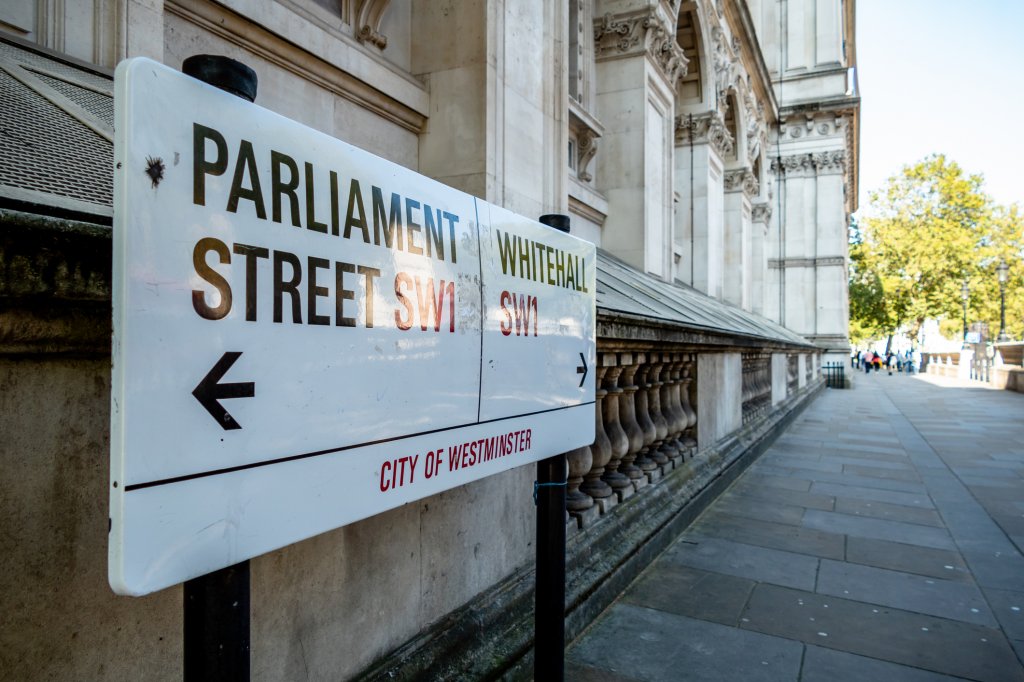Over recent months, it has been argued that Chancellor Rishi was more interested in creating the right climate for investors rather than freeing risk-taking entrepreneurs from red tape. Treasury ‘orthodoxy’ is back in terms of fiscal and monetary policy but there are several supply side lessons he should take from his early years in government.
Deregulation requires drive: When he was Chancellor, he used to complain to friends that government departments were not exploiting post-Brexit opportunities. Yet his very own Treasury was one of the worst offenders. Opportunities to free the City from onerous EU Solvency II and remuneration directives got bogged down in endless consultations. During his leadership campaign, he promised within his first 100 days, a review of 2,400 EU laws on our statute books. It is not ‘libertarian’ to want to scrap regulation that is holding business back.
Focus on the needs of SMBs: Raising National Insurance on employees and employers might have seemed a neat way of paying for social care. But a 1% increase in employer costs is vitally important for a Midlands steel exporter, operating on tight margins in a shrinking market. As Chancellor, Rishi did increase capital allowances, R&D tax credits and held Capital Gains tax steady. But marginal operating costs matter more, to more companies.
Own your good ideas: The expansion of free ports into Truss-style broader economic zones is given as a policy area where Rishi might meet the free-marketeers halfway. After all it was his 2016 Centre for Policy Studies paper proposing Free Ports that became his signature policy. Yet curiously, when he was Chancellor, he palmed off the policy development to other departments rather than using the power of HMT to make them happen.
Compromise to eliminate non-tariff trade barriers: Draw a line under the Boris-Liz Brexit psychodrama and negotiate a settlement with the EU to the thorny issue of the Northern Ireland protocol. But remember that you won’t win concessions unless that EU thinks you are capable of walking away.
Incentives for risk-takers matter: One of his first budget moves was to end the lifetime allowance on Entrepreneur’s Relief which provided capital tax relief on gains of up to £10 million. It was a major incentive for founders (introduced by Gordon Brown in 2009) but the Treasury baulked at the annual cost and ill-informed think tanks claimed too much HMRC relief capital went back into the south. It was a classic example of Treasury ‘orthodoxy’ at work or what someone once called the ‘anti-growth alliance.’
Low Corporation tax must remain a medium-term goal: Chancellor Rishi thought that raising CT to 25% would be OK because the UK would still be competitive among G7 countries. But not with Ireland on our doorstep which currently only levies 12.5% on trading income. Rishi signed up to Biden’s global minimum corporation tax initiative, nominally as a way of getting US tech companies to pay more UK tax. But it will have the effect of permanently constraining the UK’s ability to cut business taxes – Ireland-style. Low business taxes are more than just a balance sheet matter – they attract inward investors and unleash those fabled ‘animal spirits.’
Housing and planning deregulation can’t be ducked: Despite claiming to support Robert Jenrick’s housing and planning reform when Jenrick was at the MHCLG (and despite his own time in the Department), Rishi barely picked up the cudgels in the Treasury. The Chesham and Amersham by-election didn’t help but housing must always be an HMT priority. Philip Hammond, his predecessor as Chancellor, was much more serious about meeting home building targets – until Theresa May kiboshed the plans.
Fight back on the core arguments: The Truss debacle has only set back the cause of good supply side reform, not killed it. Growth, against the headwind of rising interest rates and persistent inflation, needs policy zeal and relentless, detailed explanation.
Good luck – and say sorry for the screw ups because people are very angry.




